
8 harmful effect of not using sunscreen
The two most harmful rays emitted from sun rays are UVA and UVB. The first one is the cause of sunburn and other skin damage. The latter is the more fatal one and can be responsible for skin cancer. Hence, shielding your skin from sun rays is very important. The best way to prevent the penetration of the rays is by applying sunscreens. In the section below, we have discussed the various sunscreen effects on the skin and the methods of usage for the best results.
Sunscreen vs no sunscreen: why sunscreen is necessary
As the ozone layer is depleted and global warming engulfs the world, the harmful effects of the sun's rays are rapidly increasing. As a result, the skin's direct exposure to these rays is becoming dangerous. Consequently, it gives rise to various skin concerns like acne, skin cancer, rashes, redness, etc. Here are some of the common benefits of using sunscreen.
-
Anti-ageing
The direct sun rays on your skin can damage the connective tissues and the collagen in the skin. As a result, the skin cells will begin to lose elasticity, giving rise to wrinkles. However, a broad-spectrum sunscreen can help prevent the tissues from being harmed, inhibiting the formation of wrinkles.
-
Spot reduction
Sun rays can cause hyperpigmentation, which eventually leads to the formation of sunspots. These spots are discoloured skin sections that can appear in shades of brown. This also contributes to looking aged. Sunscreen can resist the occurrence of hyperpigmentation, which will inhibit the formation of sunspots. Sunspots are not only limited to the face but can appear in other body parts like arms, back, shoulders, etc.
-
Relief from sunburn
Suppose you want to safeguard your skin from painful sunburns; consider wearing sunscreen on cloudy days. The most common and foremost effect of sunrays is sunburn, which might later become a breeding ground for skin diseases like skin cancer. Hence, using a broad-spectrum sunscreen is very vital.
-
Lowering skin-cancer tendency
It has been scientifically proven that sunscreen helps in dealing with skin cancer. The Centers for Disease Control, commonly called CDC, suggest broad-spectrum sunscreen. They have also added that the SPF quotient needs to be 30 or more to ensure the best protection.
-
Protects the blood vessel
The direct rays from the sun can damage the blood vessels by thining their walls. This ultimately gives a bruising or bleeding appearance, a phenomenon known as telangiectasias. Sunscreen shields the skin from harmful rays, thus preventing damage to the blood vessels.
Effects of not using sunscreen
You might wonder why sunscreen is so popular. The product is more than just a cosmetic product. Rather, it is an integral part of promoting good skin health. Let us look at some of the adverse effects of not using sunscreen.
-
Skin Darkening
If you are roaming under the sun without sunscreen, the skin will try to protect the skin cells from the various damages. In the process of defence, excessive amounts of melanin will start forming. This works to tone down the complexion of the face, eventually leading to skin darkening. However, sunscreen protects the skin and does not need to produce extra melanin.
-
Dry Skin
Sun rays usually take all the moisture and natural oils from the skin, affecting the skin cells' nourishment. The cells become dry and form white patches. Applying a moisturising and hydrating sunscreen like Mineral Matte Tinted Sunscreen will keep your skin hydrated and nourished from within, thus helping you deal with dry skin effectively.
-
Inflammation
The fundamental reason behind inflammation is the damage caused by UV rays on the skin. This means inflammation is the skin's natural process to heal affected skin. Hence, sunburns, redness, itchiness, swelling, etc. Many sunscreens like Pink Foundry's Hybrid Sunscreen are broad-spectrum sunscreens that can effectively prevent several skin concerns.
-
Scarring
Sun rays also have a negative impact on the healing skin areas or acne. When the UV rays come in contact with an inflamed healing tissue, it can cause post-inflammatory hyperpigmentation (PIH). This ultimately leaves the skin scarred with dark brown patches.
-
Weaker immune system
Too long and direct exposure to the sun without sunscreen can also hamper the skin's immunity power. The UV rays instigate the activity of the T-cells and thus promote the presence of cytokines. Together, these two activities affect the skin's immune system.
-
Skin Cancer
The UVB rays emitted from the sun can cause irreparable DNA, leading to gene mutation. This can ultimately result in the formation of cancer cells. The cells undergo rapid cell division in skin cancer, forming a malignant tumour. It has been approved by medical science that sunscreen can lower the tendency of skin cancer.
-
Sunburn
Continuous exposure to UV rays can cause severe burns on your skin. They are skin blisters that are characterised by redness and the associated pain. It has been proven that ensuring the continuous protection of the skin by sunscreen can considerably lower the chances of sunburn.
Also read: How to Treat Sunburn?
-
Sunspots
The most common effect of prolonged exposure is the formation of sunspots. These are flat brown spots that can appear in any part of the body exposed to the sun. These blemishes are normally itchy and tender and have a burning sensation.
How to use sunscreen effectively?
First, choose a broad-spectrum sunscreen with a SPF of 30 and above. A broad-spectrum sunscreen will protect you from UVA and UVB. You need to apply an ample amount of sunscreen in every area of the skin that is exposed, not just your face. Moreover, make sure you do not step out immediately after applying. You need to give the sunscreen at least twenty minutes to penetrate the skin, or it will wash off as soon as you begin to perspire.
Also read: Does Sunscreen Prevent Tanning Effectively?
When to reapply sunscreen?
One of the common myths about sunscreen is that the higher SPF quotient sunscreen gives longer protection. Hence, it is mentioned here that the SPF power represents the percentage of protection it offers users. Whether you have applied sunscreen with SPF 50 or 15, you must reapply it every two to three hours. Also, after swimming or any strenuous exercise, you must apply sunscreen.
Conclusion
In the common battle of sunscreen vs no sunscreen, sunscreen will always have the upper hand as it safeguards the skin from various skin diseases. However, it is necessary to check the sunscreen ingredients before applying so that no unwanted ingredients can harm our skin.
FAQs:
-
Can I apply sunscreen on open wounds?
No, you cannot. You can only apply it on healed wounds to eliminate the injury marks
-
How long will the effect of sunscreen last?
Usually, it lasts for an hour to an hour and a half. But if you heavily perspire or are in contact with water, you must reapply more often.
-
Can I apply sunscreen to my entire body?
Yes, you can, but focus more on areas at the back of your neck, under your eyes, on top of your ears, etc.
-
What will happen if I do not reapply my sunscreen?
You will succumb to various skin irritations, allergies, burns, acne, etc.
-
What is the difference between SPF 30 and SPF 50?
SPF 30 absorbs 97% of the UVB rays, and SPF 50 absorbs 98% of the UVB rays.

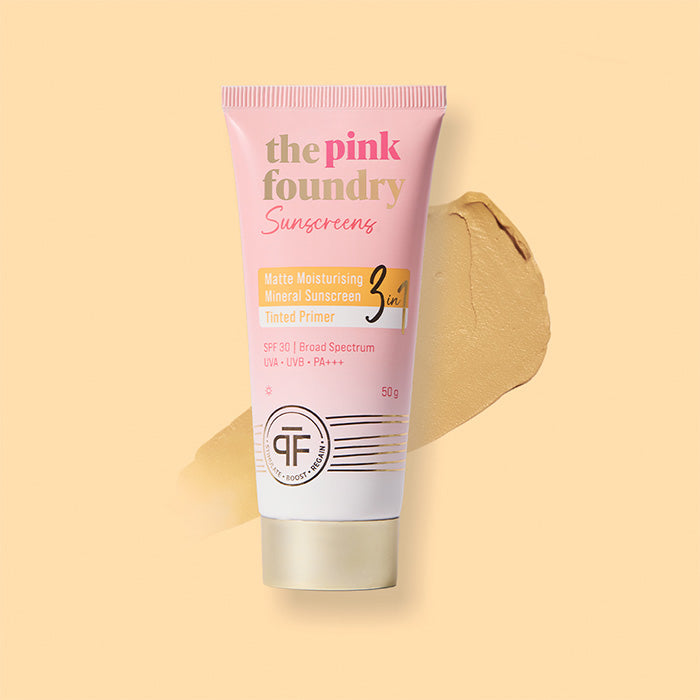





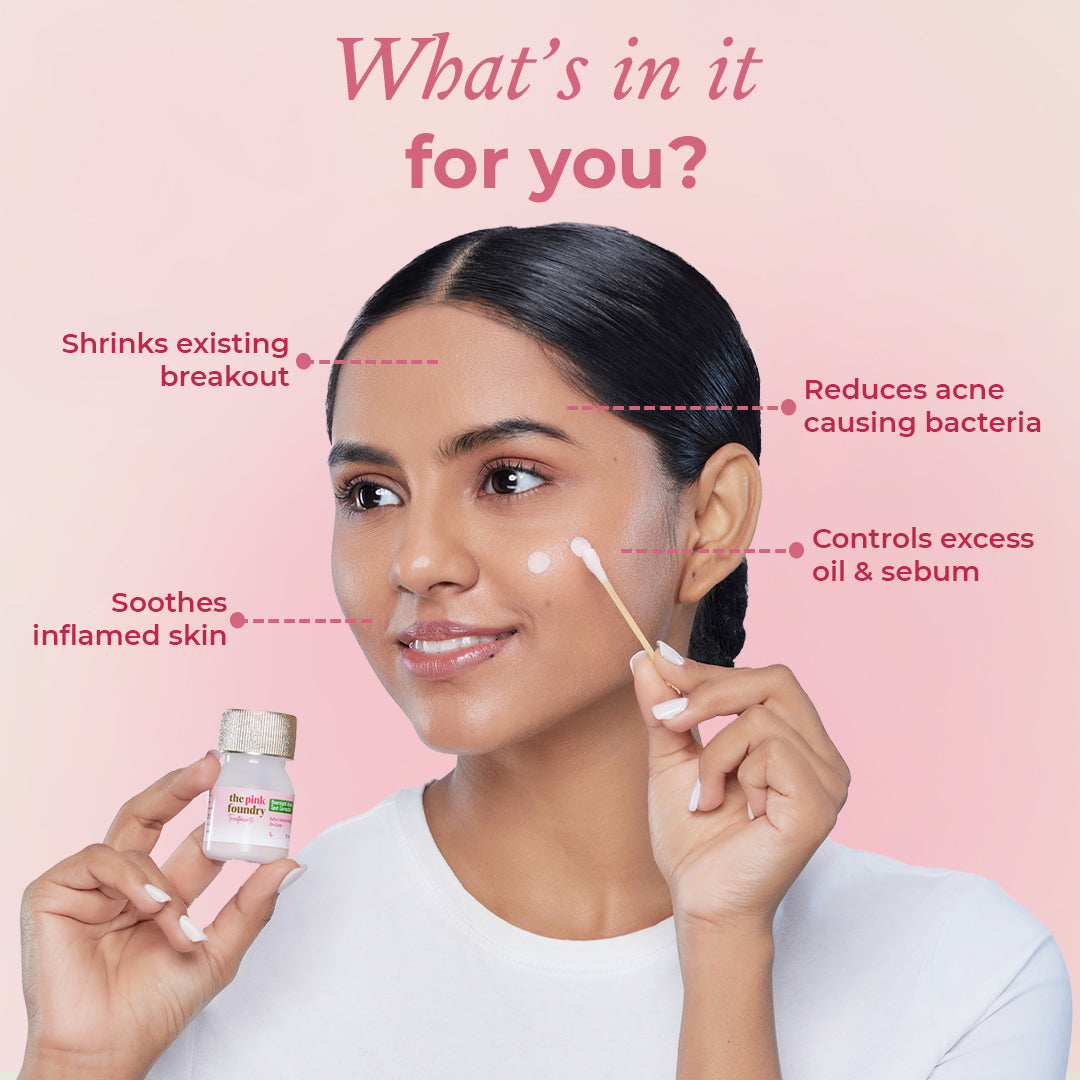
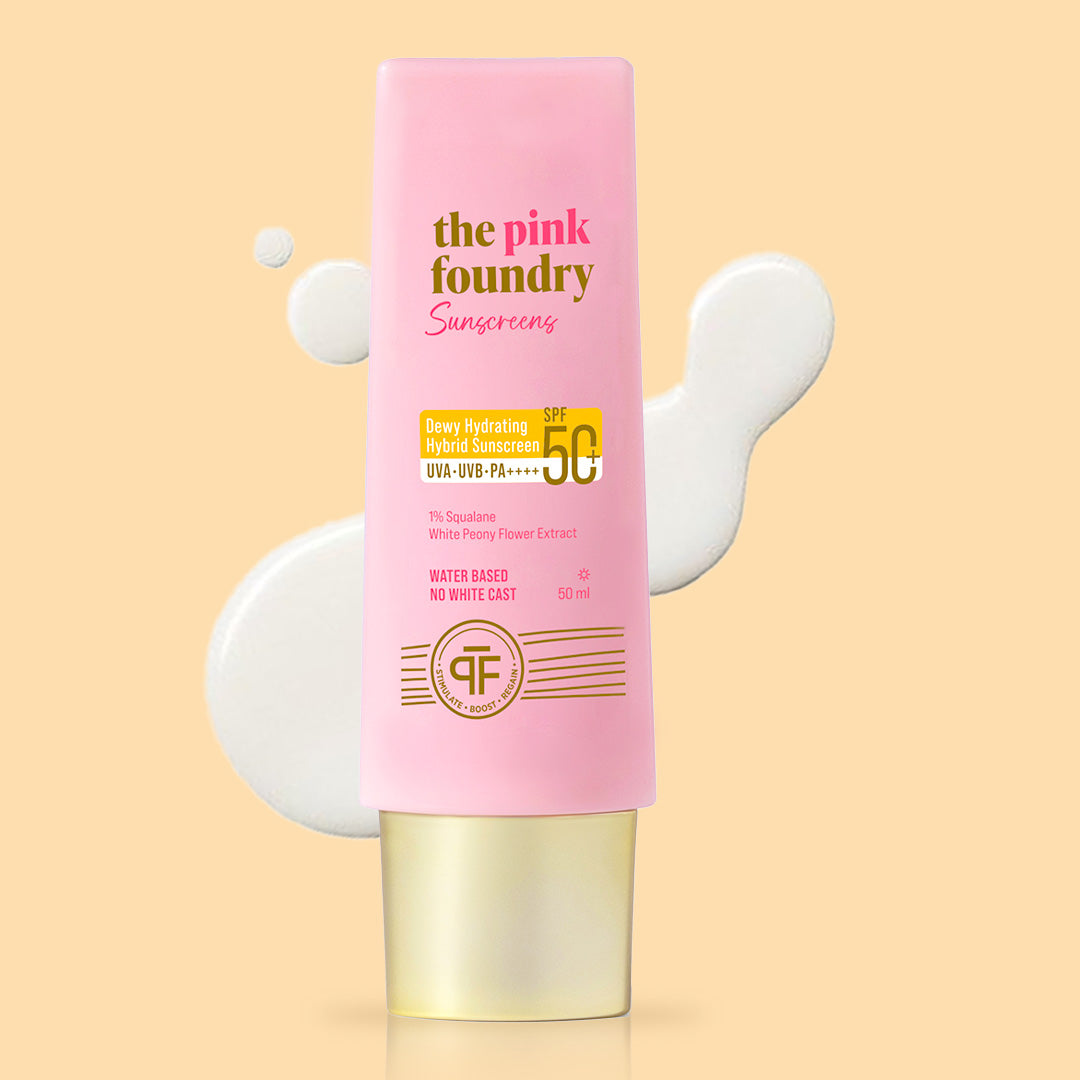
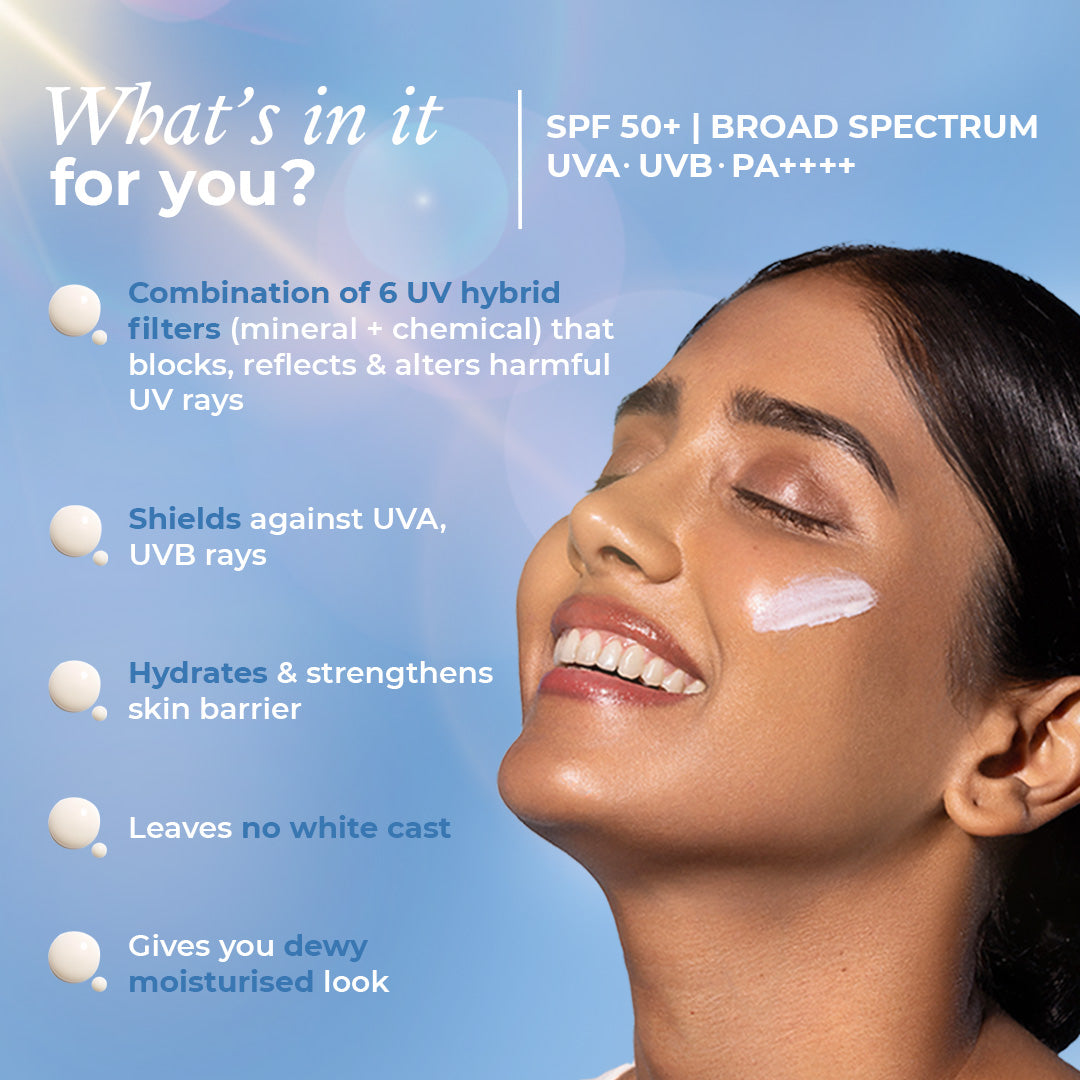


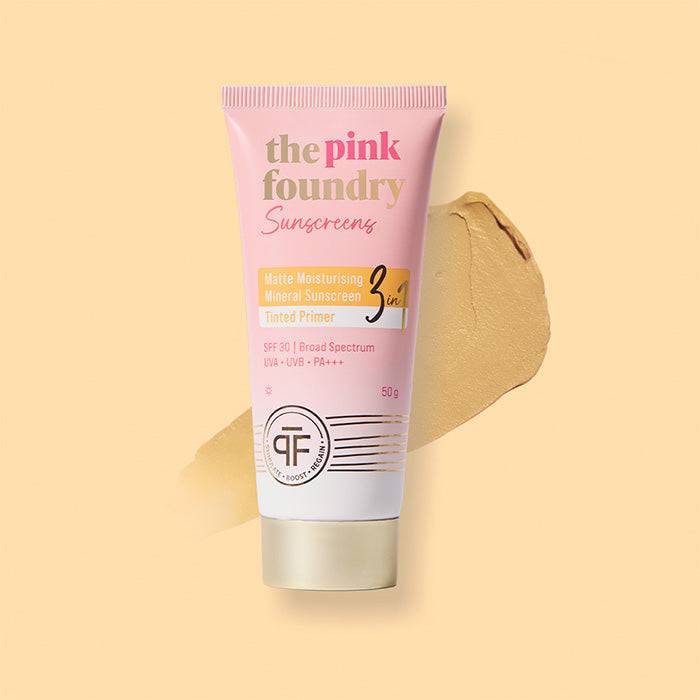
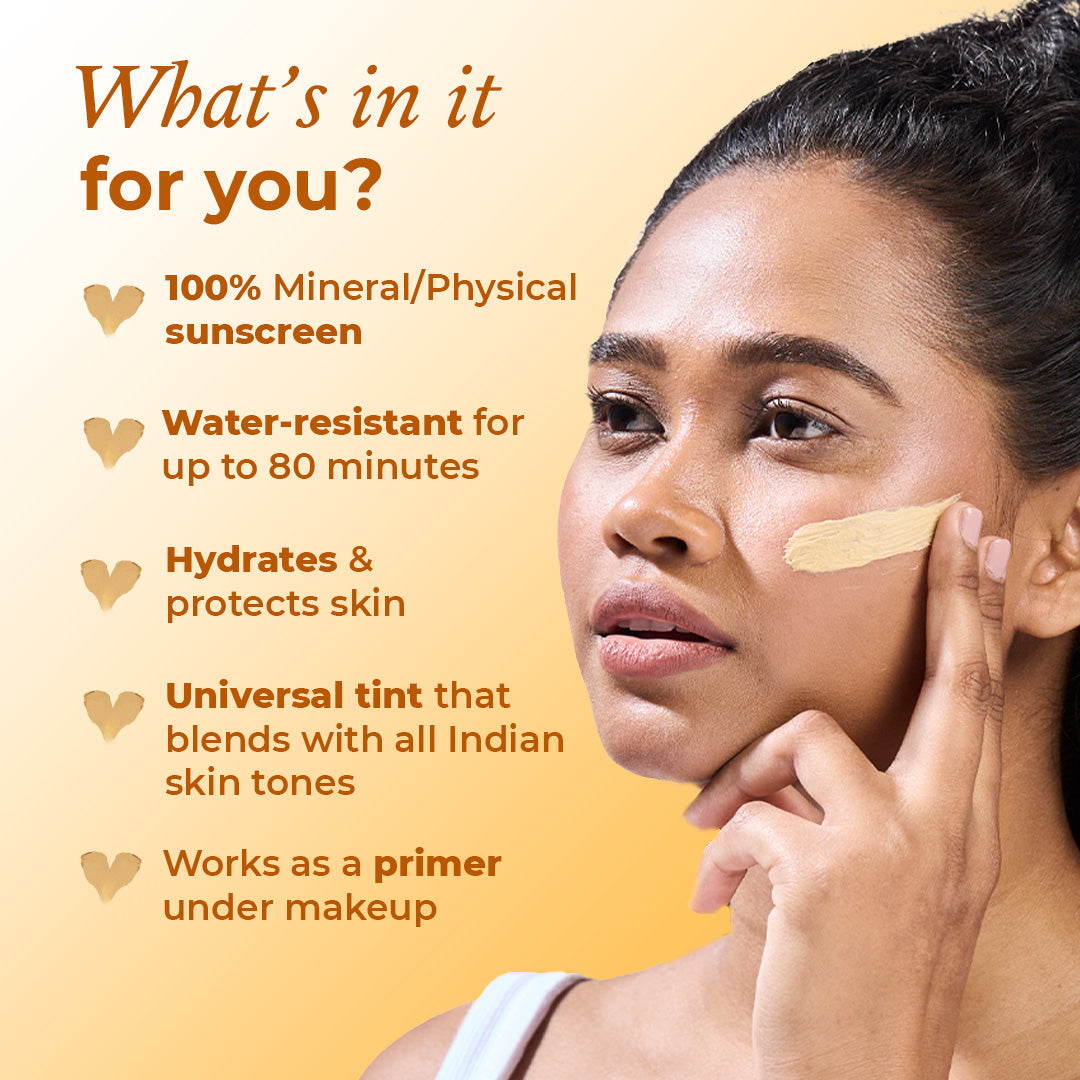



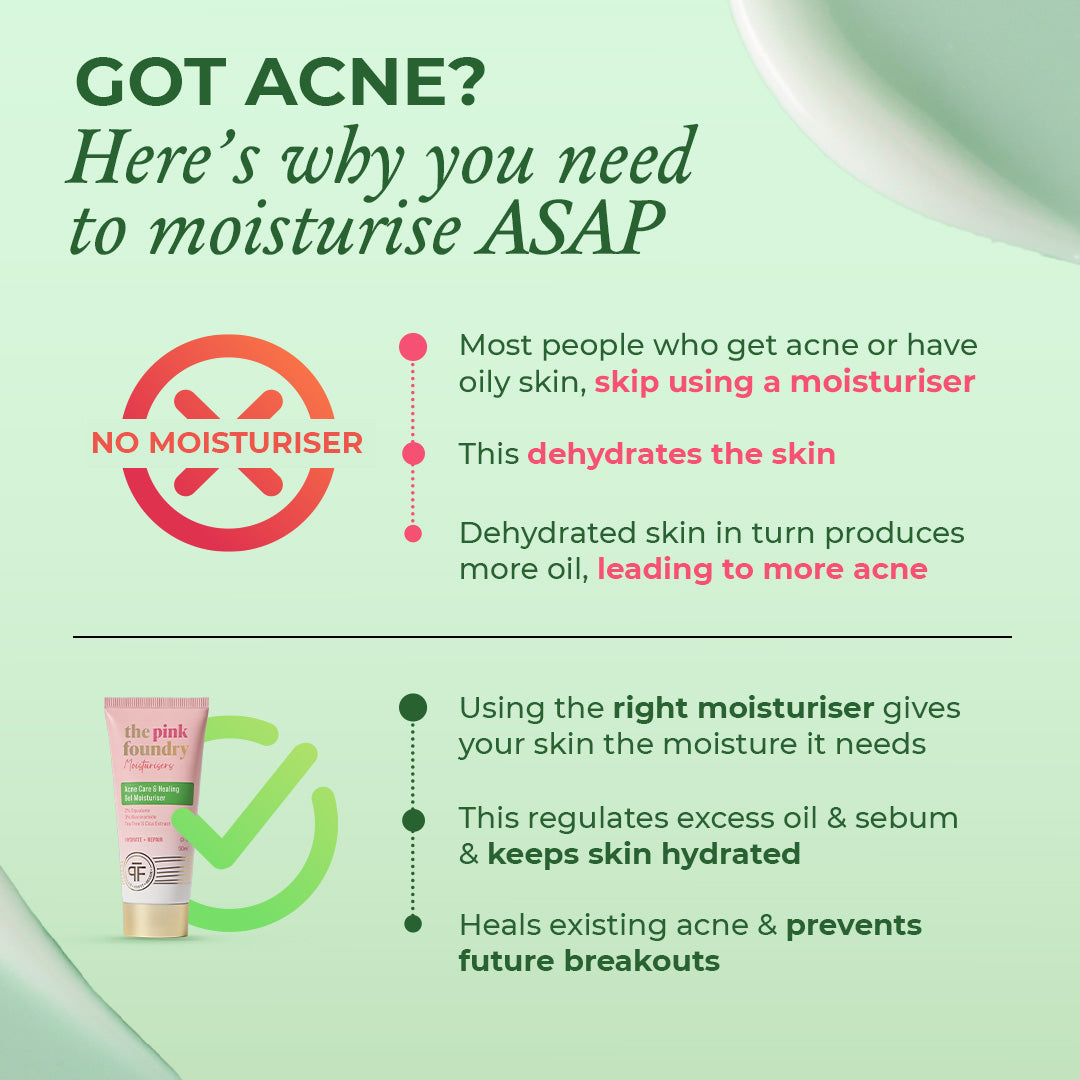
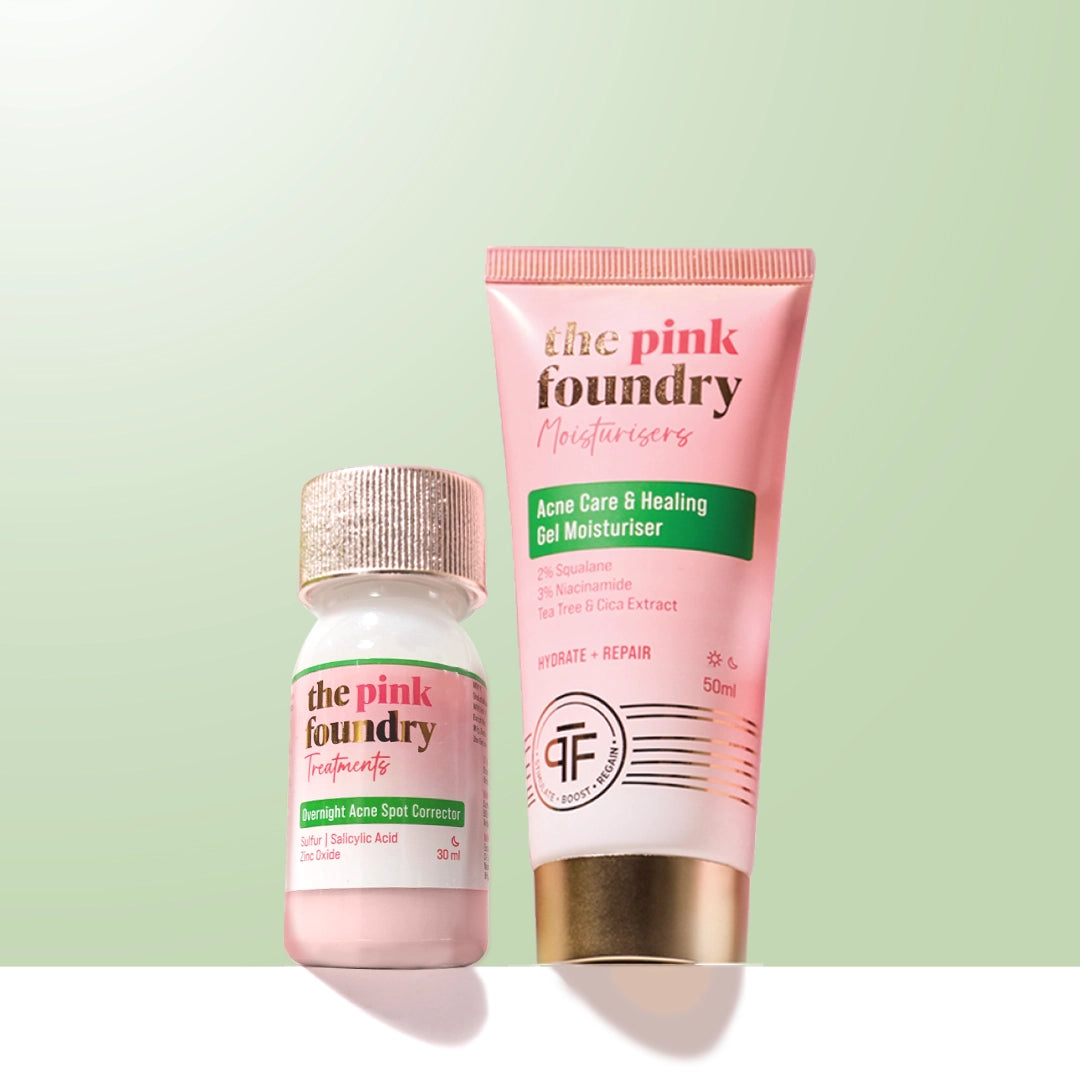
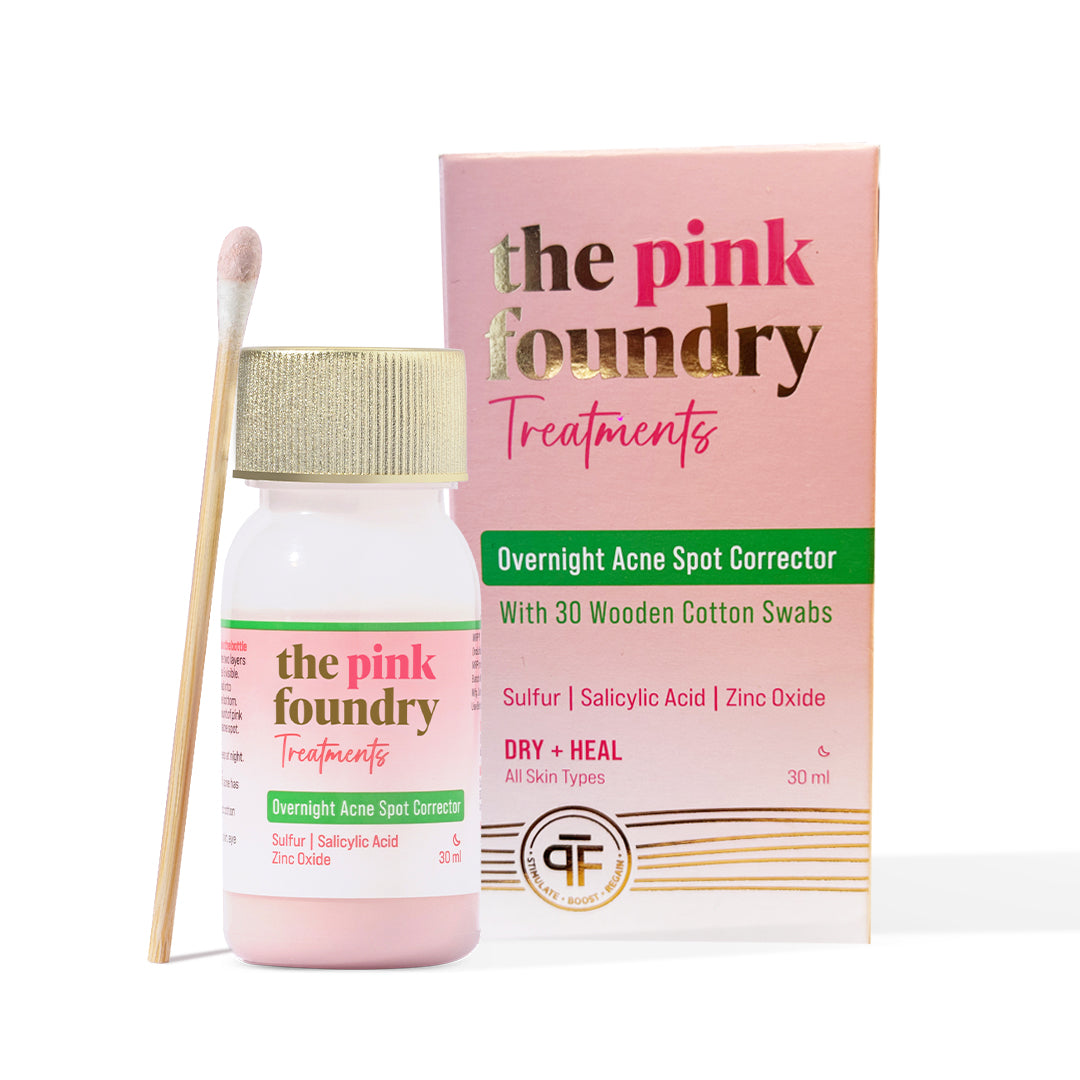
Leave a comment
This site is protected by hCaptcha and the hCaptcha Privacy Policy and Terms of Service apply.